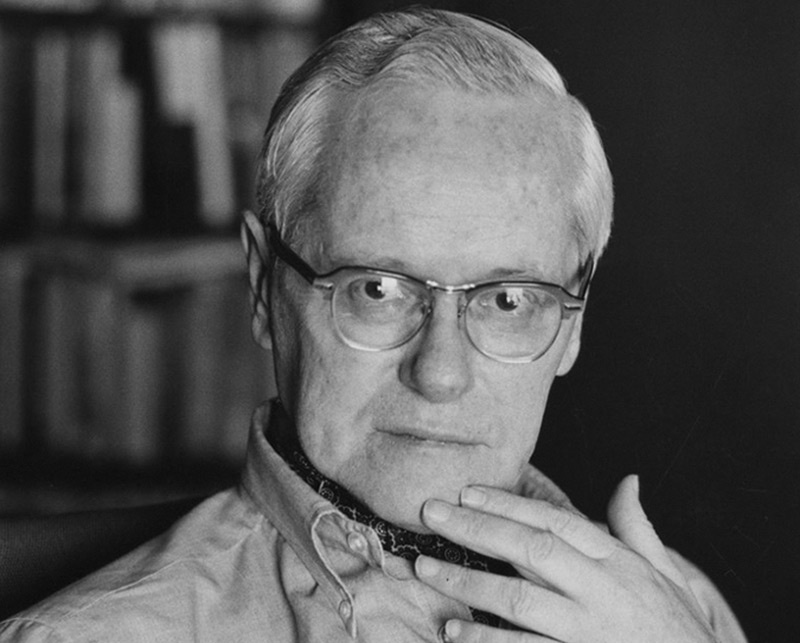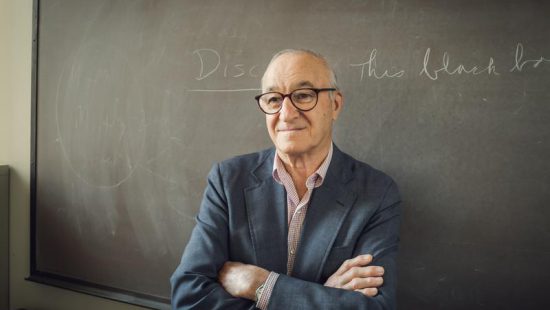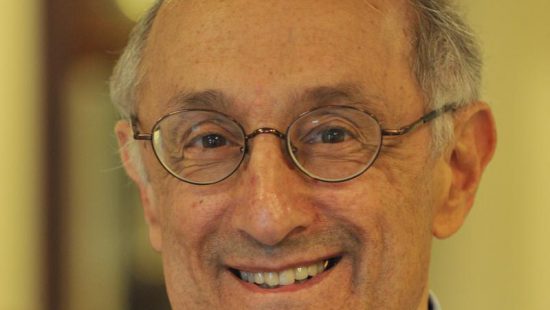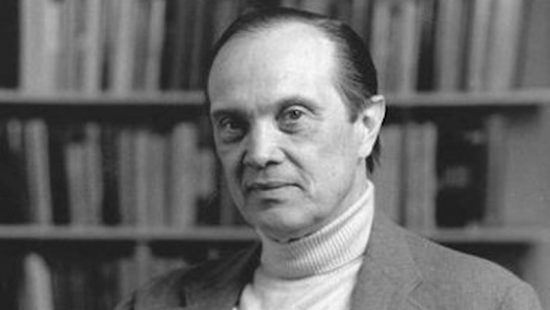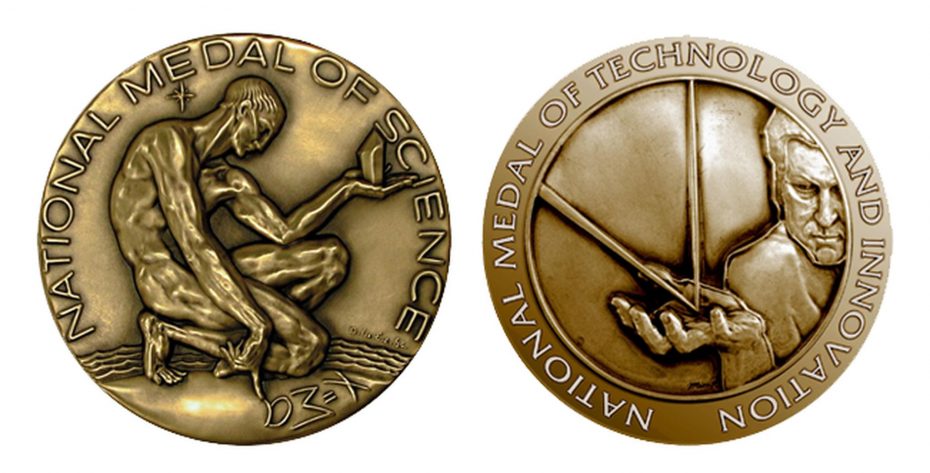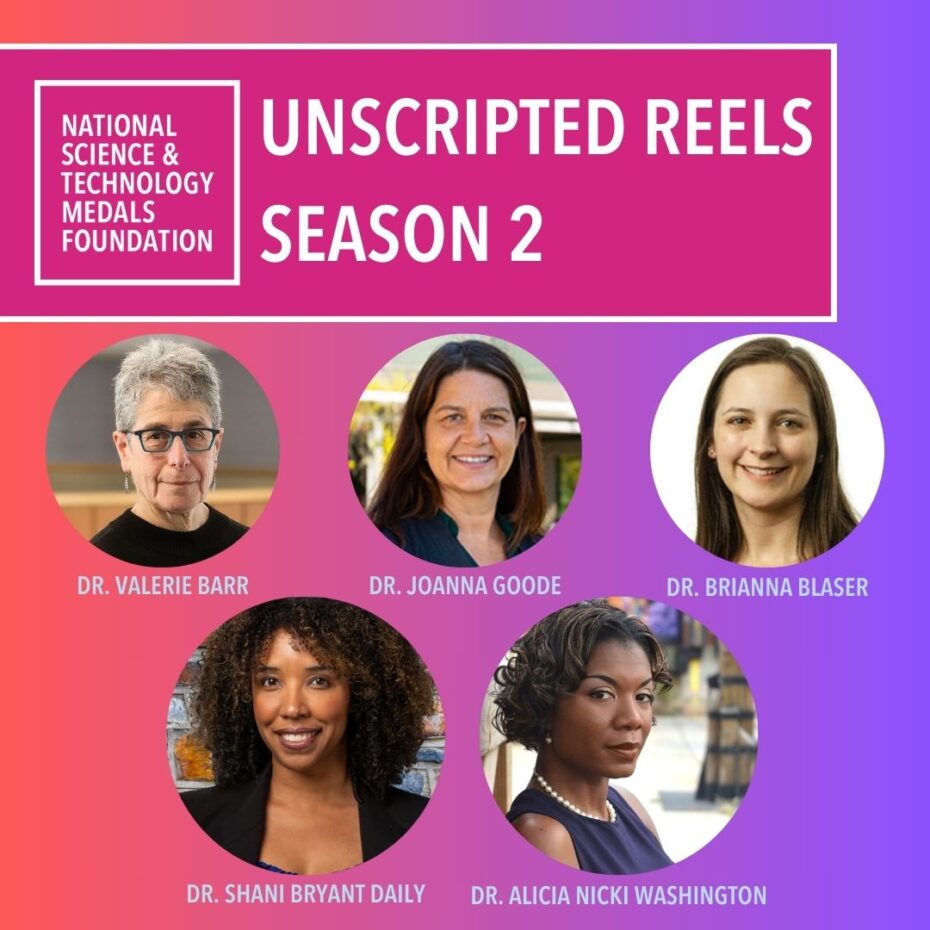The name Robert K. Merton arose from Meyer R. Schkolnick’s teenage years as an amateur magician, and the name became permanent upon enrolling at Temple University. At Temple, Merton wandered into a sociology class by chance, and he was immediately drawn to the subject.
As a professor of sociology at Columbia University, Merton dedicated his career to studying the subtle patterns of society. His observations turned into familiar concepts. He coined the phrase ‘self-fulfilling prophecy,’ which states that a prediction comes true because people believe in it and, in fact, make it happen. Merton developed the idea of role models, and along with colleagues, he created the “focused interview” that continues to be used in focus groups in market research.
Aside from his observations of society, Merton also provided a fundamental characterization of the scientific spirit, which he termed the ethos of science. He argued that science is misunderstood as the product of individual geniuses able to break free from conventions and norms. Instead, he explained, science encourages productivity, critical thinking and pursuit of continually improved understanding.
By Jen Santisi

